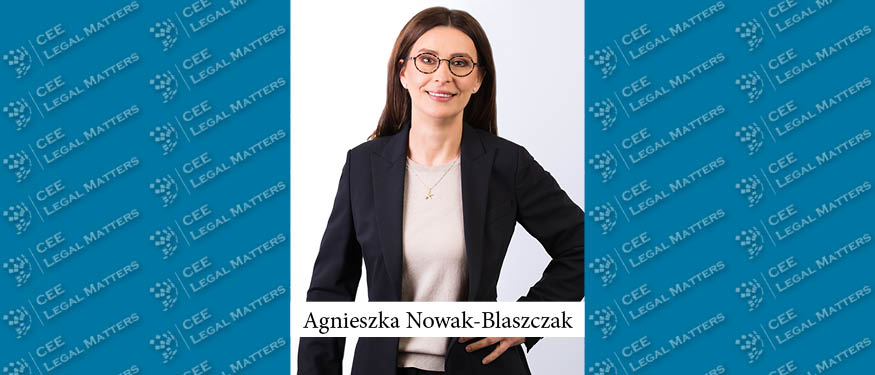The Polish Ministry of Family, Labor, and Social Policy has prepared an amendment to the Labor Code, which in particular amends the existing provisions on mobbing. The new provisions are expected to enter into force in 2025. The aim of the amendment is to remove ambiguities in the current provisions, simplify procedures for pursuing claims, and increase the responsibility of employers for negative phenomena in the work environment, including mobbing.
The new proposed definition of mobbing will set out its key features, focusing on the persistence of the harassment and its negative impact on the employee. According to the draft legislation, the persistence of harassment consists in the fact that it is repetitive, recurrent, or permanent. The draft amendment specifies that harassment may be perpetrated by a superior, a co-worker, a subordinate, or a group of persons, and that its effects will be assessed regardless of the intention of the perpetrator.
The draft provides for an open catalogue of examples of behavior that constitutes mobbing. According to the draft, forms of mobbing include, in particular: “humiliating or insulting; intimidating; lowering an employee’s assessment of his or her professional usefulness; unjustified criticism, humiliation or ridicule of an employee; hindering an employee’s functioning in the work environment in terms of his or her ability to achieve work results, perform his or her official tasks, use his or her competences, communicate with colleagues, access necessary information; isolating an employee or eliminating him or her from the team.”
These behaviors may consist of physical, verbal, or non-verbal elements. Moreover, ordering another person to engage in such behavior toward an employee or encouraging another person to engage in such behavior will be considered as mobbing. Unintentional behavior toward an employee that could have a specific effect, regardless of whether that effect actually occurs, will also be mobbing. This proposed change has been criticized because in principle, the intention of the perpetrator of mobbing is to harass the employee and therefore it is a deliberate act. If an unintentional act is also deemed to be mobbing, it may lead to a situation where an employee may consider pointing out an error, a simple misunderstanding, or unclear, rapid communication to be mobbing – because in their subjective perception, it will be, for example, unjustified criticism or humiliation.
The draft provides that in assessing whether the behavior experienced by an employee constitutes mobbing, both the nature of the objective impact on the employee and the employee’s subjective feelings or reactions, where these are reasonable, shall be taken into account. This provision is questionable because it introduces a vague criterion. The concept of reasonable subjective feelings is not clearly defined, so the assessment of such an element is highly discretionary. As a result, both employees and employers may have different ideas about what is reasonable in a given situation. Employers are likely to question whether the subjective feelings in question were reasonable, leading to a protracted process of resolving such cases.
An employee who has suffered mobbing will be entitled to claim compensation for non-pecuniary damage from the employer in an amount not less than the employee’s salary for a period of six months or damages.
One of the most important changes is that the draft law exempts employers from civil liability if they can prove that they have actively and continuously taken preventive measures against mobbing and that the mobbing did not originate from the employee’s superior. This will ensure that companies that genuinely take care to comply with anti-mobbing standards will not be unfairly held liable for the actions of individual employees.
It will also be the employer’s duty to detect and respond appropriately to mobbing and to take adequate and prompt corrective action and provide support to those who are victims of mobbing at work.
The draft law provides for the obligation to include in a collective labor agreement or work regulations (or an announcement if the employer is not obliged to have one) the principles, procedure and frequency of preventive measures against violations of dignity or equal treatment, discrimination, and mobbing. This will make these regulations a mandatory element of each company’s internal policy.
Employers should monitor the legislative process and prepare their organizations for the new obligations that will be imposed by the amendments to the mobbing legislation. Employers should review existing internal anti-mobbing policies or, if they do not already have such policies, introduce appropriate provisions for reporting mobbing and conducting internal investigations.
By Agnieszka Nowak-Blaszczak, Head of Labor, Wolf Theiss
This article was originally published in Issue 12.3 of the CEE Legal Matters Magazine. If you would like to receive a hard copy of the magazine, you can subscribe here.
